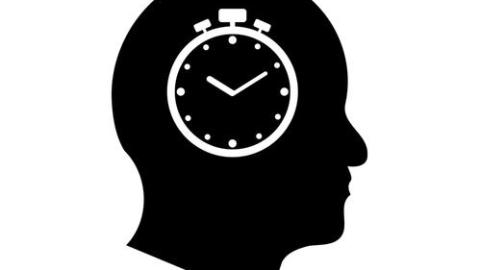How Your Brain Experiences the Passage of Time

What’s the Latest Development?
Scientists have located a specific set of neurons that indicate how time passes, confirming that the brain plays an essential role in how we experience the passage of time. By recording brain activity across 100 neurons in the lateral intraparietal cortex of two rhesus macaques, University of Minnesota researchers were able to examine how brain biology corresponds to an objective measurement of time. Then, by examining the rate of decay of the neural signals, scientists could estimate how much time had objectively past with simple reference to the brain’s biology.
What’s the Big Idea?
Results of the study suggest that scientists may one day be able to manipulate how we experience time by affecting the neural connections which indicate its passage in our brains. “As well as indicating that brain circuits may have their own ability to keep time, the results also hint at how our perception of time can be altered during high emotional states. … ‘And in our model, a change in the activity decay rate is all you need to have a different sense of ‘what time’ it is,’ says lead researcher Geoffrey Ghose. It might be possible to tweak an individual’s sense of timing by altering these signals, he says.
Photo credit: Shutterstock.com





